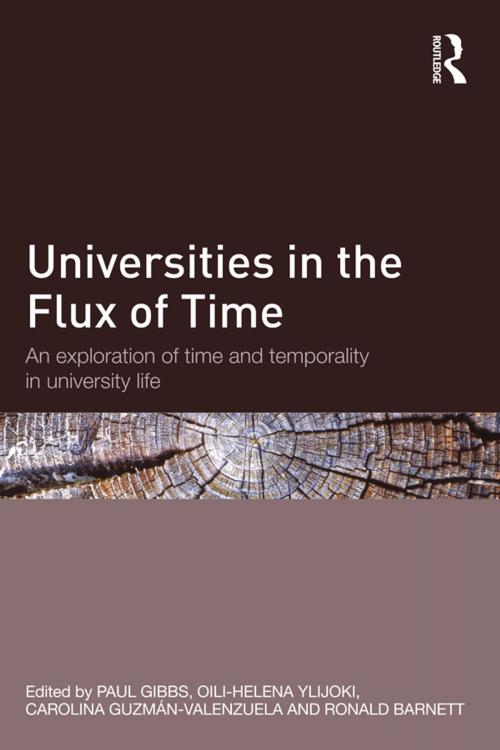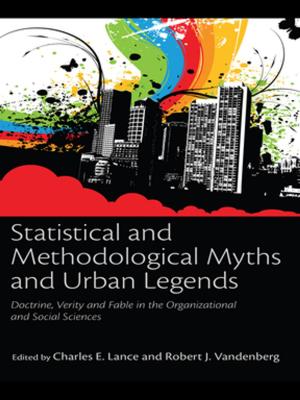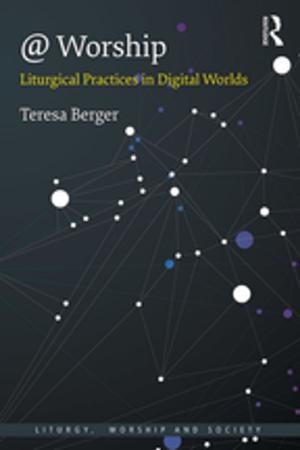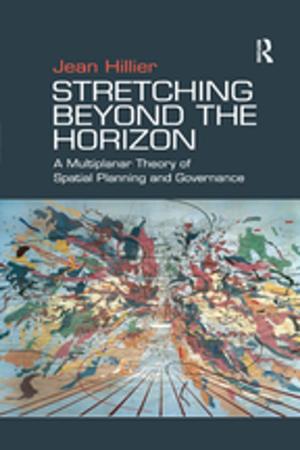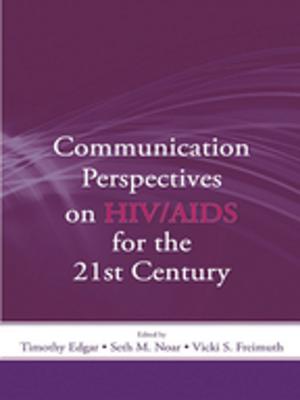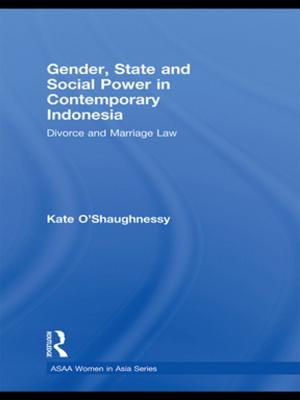Universities in the Flux of Time
An exploration of time and temporality in university life
Nonfiction, Reference & Language, Education & Teaching, Educational Theory, Philosophy & Social Aspects, Higher Education| Author: | ISBN: | 9781317574903 | |
| Publisher: | Taylor and Francis | Publication: | November 27, 2014 |
| Imprint: | Routledge | Language: | English |
| Author: | |
| ISBN: | 9781317574903 |
| Publisher: | Taylor and Francis |
| Publication: | November 27, 2014 |
| Imprint: | Routledge |
| Language: | English |
Higher education and the institution of the university exist in time, their essential nature now continually subject to change: change in students, in knowledge, in structure and in their own communities and those they service. These changes are accompanied by a quickening of time, leading to a heightened intensity of academic life. Yet the nature of time in all the contemporary work on the university has been largely overlooked. This is an important omission and Universities in the Flux of Time has gathered leading academics whose contributions to the volume raise a debate as to the influence and use of time in the university. They do this in an exploration of how these changes are perceived in higher education and how these affect its temporality from local, national and global perspectives. By dealing with the time within the university, the book opens new spaces for the development of the university and civic society.
The book develops an interdisciplinary understanding of the temporal issues of engaging with the past, present and future of higher education and its institutions, through consideration of the increased speed demanded for the production of able students and innovative research, to the accountability pressures from central governments and commerce. Reflecting on these issues in the higher education sector, Universities in the Flux of Time is split into three parts, with each one addressing time and its multiple relationships with the university:
- Past, present and future
- Knowledge and time
- Living with time
This volume will provide essential reading for those on higher education studies courses as well as a wider audience of managers, practitioners, policy makers, academics and students and from many disciplinary perspectives including sociology, organisation studies, social psychology and the philosophy of education.
Higher education and the institution of the university exist in time, their essential nature now continually subject to change: change in students, in knowledge, in structure and in their own communities and those they service. These changes are accompanied by a quickening of time, leading to a heightened intensity of academic life. Yet the nature of time in all the contemporary work on the university has been largely overlooked. This is an important omission and Universities in the Flux of Time has gathered leading academics whose contributions to the volume raise a debate as to the influence and use of time in the university. They do this in an exploration of how these changes are perceived in higher education and how these affect its temporality from local, national and global perspectives. By dealing with the time within the university, the book opens new spaces for the development of the university and civic society.
The book develops an interdisciplinary understanding of the temporal issues of engaging with the past, present and future of higher education and its institutions, through consideration of the increased speed demanded for the production of able students and innovative research, to the accountability pressures from central governments and commerce. Reflecting on these issues in the higher education sector, Universities in the Flux of Time is split into three parts, with each one addressing time and its multiple relationships with the university:
- Past, present and future
- Knowledge and time
- Living with time
This volume will provide essential reading for those on higher education studies courses as well as a wider audience of managers, practitioners, policy makers, academics and students and from many disciplinary perspectives including sociology, organisation studies, social psychology and the philosophy of education.
